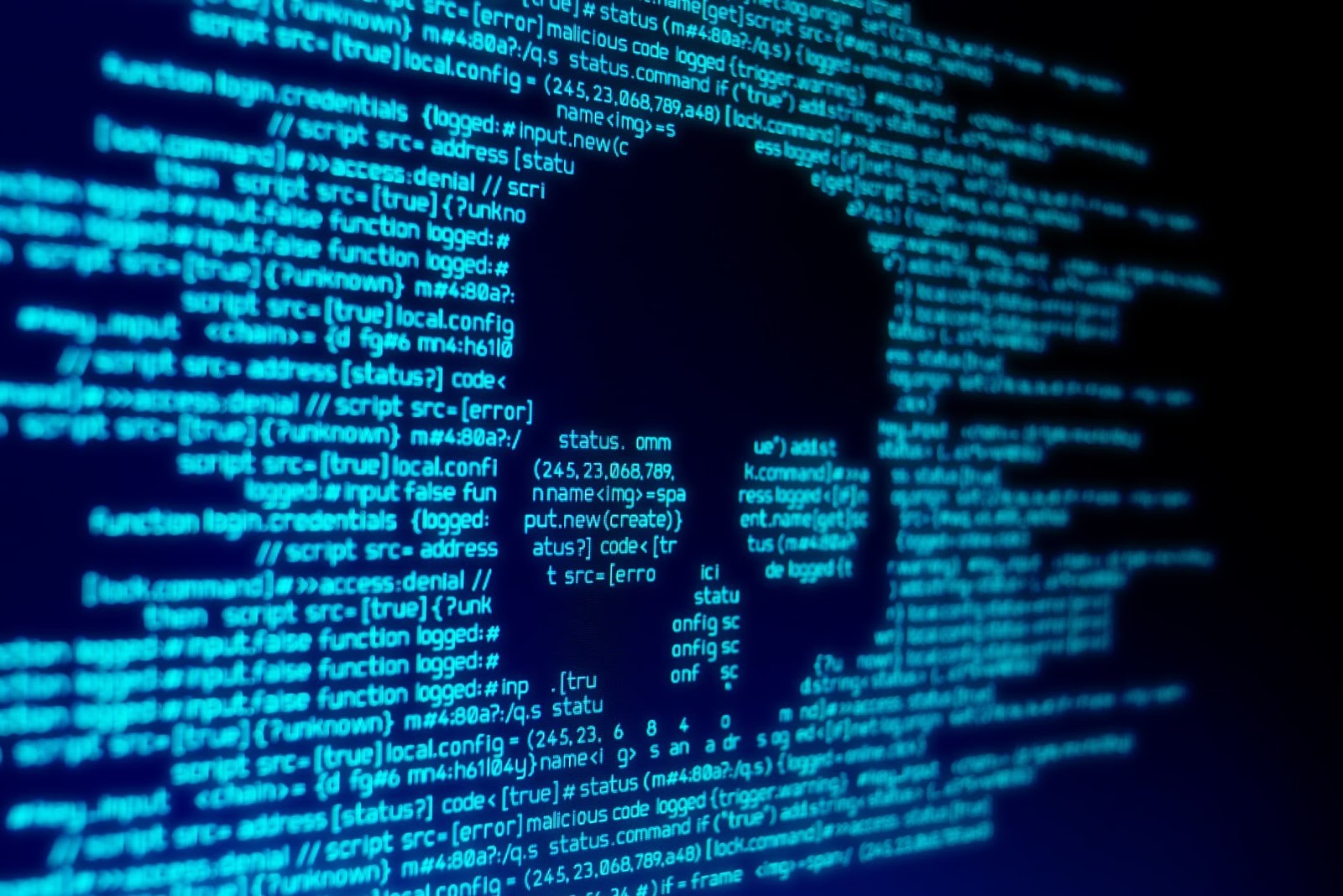A computer virus is a type of software program that, when executed, replicates itself by modifying other software programs and inserting its own code. If the replication is successful, the affected areas are said to be “infected” with a computer virus.
Computer viruses are designed to cause system disruption, major operational issues, data loss, and leakage.
The most important thing to understand about computer viruses is that they are designed to spread across systems and programs.
That’s why, in more technical terms, it is a type of malicious code or program.
When a file is opened, computer viruses typically attach to an executable host file, causing their viral codes to execute.
The code then spreads from the attached document or software via networks, drives, file-sharing programs, or infected email attachments.
A virus executes its code by inserting or attaching itself to a legitimate program or document that supports macros.
A virus has the potential to cause unexpected or damaging effects during the process, such as harming system software by corrupting or destroying data. Also, it can steal your personal information.
How does the virus attack your computer?
Once a virus has successfully attached to a program, file, or document, it will remain dormant until the computer or device is forced to execute its code.
In order for a virus to infect your computer, you must run the infected program, which then executes the virus code.
This means that a virus can remain dormant on your computer for long periods of time without causing major problems.
However, once the virus has infected your computer, it has the potential to infect other computers on the same network.
A virus’s destructive and irritating actions include stealing passwords or data, logging keystrokes, corrupting files, spamming your email contacts, and even taking over your machine.
While some viruses may be tricky in their effect, others can have far-reaching and damaging consequences.
This includes erasing data or causing permanent hard disc damage. That’s why you need to get rid of it as soon as possible!
How does the virus spread?
Your computer can get infected by a virus in a variety of ways, some more obvious than others. Viruses can be transmitted via email and text message attachments, Internet file downloads, shady websites, and social media scam links.
Viruses can disguise themselves as attachments to socially shareable content like funny images, greeting cards, or audio and video files.
To avoid coming into contact with a virus, always be cautious when surfing the web, downloading files, and opening links or attachments.
To help keep yourself safe, never download unexpected text or email attachments, or files from websites you don’t know. And don’t ever open any link with unknown sources!
How do you know that your computer got infected by a virus?

Your computer can show many signs of infection, pay closer attention to them! Here are some signs:
Pop-up windows appear frequently
Pop-ups may tempt you to visit unusual websites, they may also encourage you to download antivirus or other software programs.
Crashing occurs frequently
A virus can cause significant damage to your hard drive. Your device may freeze or crash as a result of this. It may also prevent your device from turning on again.
Your homepage has been updated
You may be unable to reset your homepage as you can find that your default homepage could be replaced by another website.
Computer performance is unusually slow
A sudden increase in processing speed could indicate that your computer is infected with a virus.
Unknown programs that begin running when you turn on your computer
If one day you opened your computer and found out that there are unfamiliar programs running or opening alone that’s a sign of a virus, because your computer was closed and who opened them if you didn’t use it?!
Unusual behaviors, such as password changes
You may suddenly find that your password has changed and you didn’t do it, and it prevents you from accessing your computer.
Types of computer viruses
There are approximately 10,000 active computer viruses. Some exist solely to display advertisements on your home screen, while others seek to disrupt critical systems or steal your personal information. Among the most common computers, malicious viruses are:
Generic viruses
When you hear the word “virus,” these are probably the first things that come to mind. Generic viruses infect computers, install copies of themselves on other computers, and rapidly spread.
Malware
Malware is simply an abbreviation for malicious software. Technically, all viruses are a malware; however, not all malware is a virus. Malware can enter your computer through a variety of channels, including programs, email attachments, shady links, and file-sharing.
Trojans
These are the most terrifying as it disguises itself as a legitimate program and installs malware on your computer. Trojans, unlike generic viruses, cannot replicate. You must run the software to obtain them.
Adware
This malicious software showers your computer with advertisements, which generate revenue for the adware creator. When you find your computer has a lot of popups, you may have an adware virus.
Worms
Those sneaky types of viruses are frequently malicious files that target operating systems directly, worms replicate themselves in the same way that viruses do. They don’t need to be attached to software; they know their way!
Spyware
Spyware, as the name implies, is malicious software that spies on your activities. The overall goal of spyware is to collect passwords, credit card information, and other personal information.
Phishing
You might receive a message claiming to be a close person to you asking you for money or for your personal information, this is most likely a phishing attempt to defraud you of money or personal information! Unlike viruses, phishing attempts do not contain any code, instead, they are social engineering techniques designed to steal information directly from you.
Why do you keep finding viruses on your computer?

As society becomes more reliant on technology, it is critical to educate yourself, family, friends, employees, and co-workers about internet safety.
A virus can infect a computer in a variety of ways, and the reason why you keep finding viruses on your computer is that the majority of which involve downloading infected files, either intentionally or unintentionally, login into websites with unknown sources or that are unsecured. Also, pirated music or movies, photos, free games, and toolbars, as well as phishing or spammy emails with attachments, are common offenders.
Phone repair and more can save your computer from viruses!
At Phone repair and more, we are not just a hardware repair shop; we also repair your software on all kinds of gadgets. Henceforth, with critical hands, your computer will be virus-free. You can find us at Zephyrhills, Downtown, Florida, ST. Petersburg, and Tampa.
However, if you want to know what to do if your computer got infected by viruses; proceed with reading!
If you suspect your computer has been infected, begin by performing a full system scan with your antivirus software and an anti-malware program.
Examine the threats and take any necessary action (the software should guide you through this). If you are unable to remove the virus or infected files from your software, try restoring your computer to a previous backup before the problems begin.
Another option is to delete all of your computer’s temporary files. The method for deleting those files varies depending on the system, but these procedures are simple enough for the average user to research and implement.
If your computer isn’t working properly and you can’t access files to delete, try restarting in safe mode. Safe mode disables certain programs, allowing you to work uninterrupted on resolving the problem.
You may need to reinstall your operating system in some cases. If you’re not sure how to do this, take your device to a local store that provides computer services and have a professional look over it.
Also, they can install virus protection on your computer to keep it safe and sound!
Overall, prevention and education are the most effective ways to keep a virus from infecting your computer. Know the fundamentals of online safety and share articles like this with family, friends, and co-workers. Also, regularly checking your devices at repair stores can prevent your computer from virus infections!




